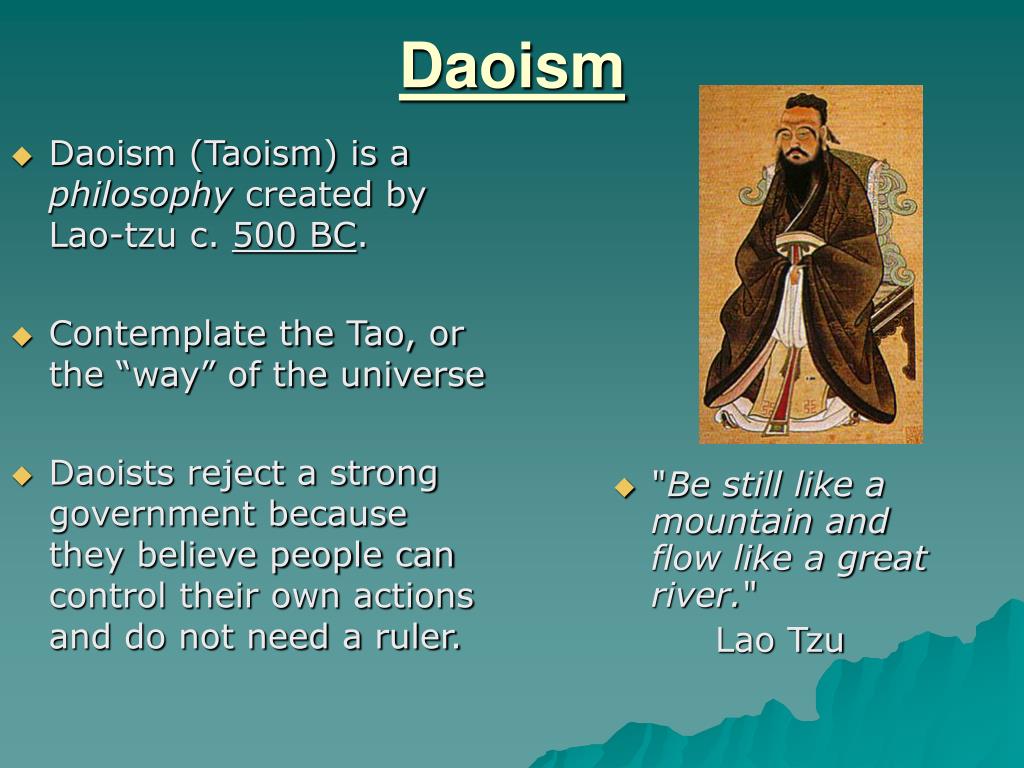The answer to the title question is neither. Much thought has been put into whether the doing of, and going along with, horrendous and ghastly immoral acts is an ordinary or exceptional trait of human beings. Whether the perpetrators are banal1 or exceptional, whether what they do can follow from an ordinary way of life, or whether their actions have to be derived from rare extreme motivations.
Saying that evil is banal does not imply that some evil actions are ordinary and unremarkable, but that some evil actions come from ordinary motives, and are performed by people who are not radical outliers in terms of human psychology.2
We already feel ourselves lost with the vague but highly fiery infused-with-connotations word ‘evil’. After you say something is ‘evil’, it is hard to know where to go to say any more about it. It tends to be reserved for the apogee of terrible acts, after which, verbally we have nowhere to go, we have run out of higher-level words to express how bad something is. Hence, we tend to say things like an act is ‘just evil’ – the ‘just’ revealing our drying up of further normative moral description.
Evil is a word both empty and full.
So, setting that aside as a discussion for another day, let us just think of our subject as the variety of acts of systematic extreme cruelty and awfulness directed at other human beings leading them to suffer. Acts which counter the injunction not to use other people merely as a means, but also always as ends, and in the most callous ways, ways that lead to humiliation, pain and death. To treat others as if they are things. Thereby to set aside or suppress what would usually act naturally as a blocking constraint for such behaviour.
Think of whatever examples suits you. I shall not present a list of examples here because they may be contentious, and then we will be lost and sidetracked into evaluating the validity of cases as ones of unspeakable ghastliness, for reasons and excuses are always available if one but only takes a certain stance. I have found, by way of example that most people can gather in a moral consensus of condemnation around, the gratuitous torturing of babies. I will leave it at that. As I say, pick your own case, for the question remains: are such acts performed by extreme and exceptional personalities or are they something that might be done by ordinary people as everyday acts given that circumstances conspire in a certain way? Are the perpetrators of wicked acts monsters or are they just like us? This debate has gone to and fro. But I think there is a way out of it, out of the seeming inability to resolve it, as it is the consequence of a logical, one might say, fallacy or slip.
Are the people who perform evil acts ordinary or extraordinary? Just like other people or exceptional people?
One suggestion is …
Read the full article which is published on Daily Philosophy (external link)








